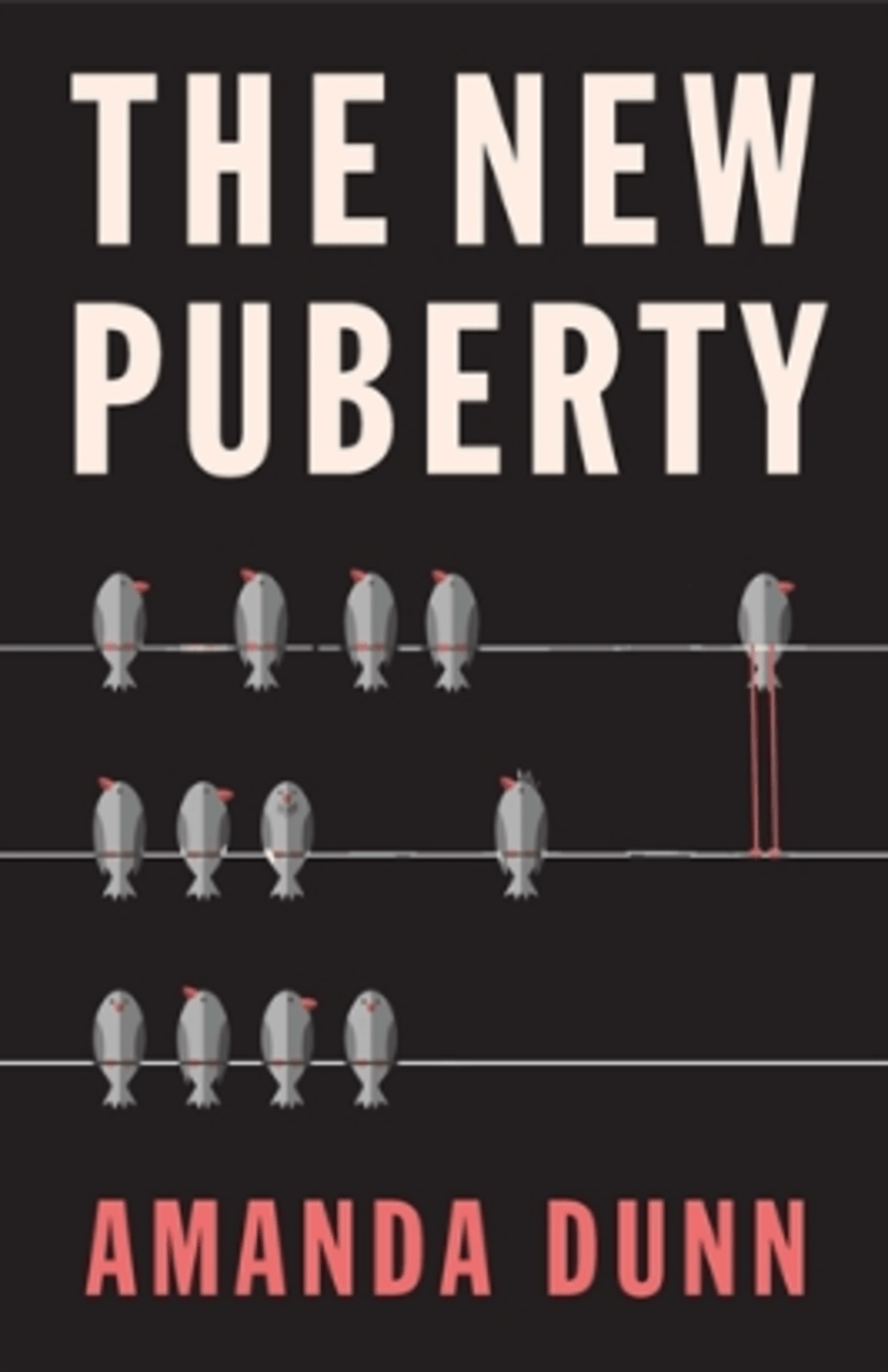





Want to know what CATS is all about? In the video above, our special reporter Katy Rummage visits the Murdoch Children's Research Institute at The Royal Children's Hospital to find out the truth about CATS.
In the video above, we will show you how to do the DIY (do-it-yourself) measurements at home. We also have a written version of the instructions. If you have any questions, please feel free to call us on (03) 9345 6732 or email us at [email protected].
We know that young people can sometimes experience difficulty in their lives. We have included some helpful support services if you would like some additional support or information.

This podcast series by Murdoch Children’s Research Institute, discusses the challenges parents are facing, and explores how parents can best support themselves and their children. Professor George Patton and Dr Lisa Mundy provide tips on positive change, creating new routines and dealing with disruption in school. Listen on:
Spotify - Apple Podcasts - MCRI Website
In Grades 3, 5 and 6 we collected a small sample of saliva from CATS participants. This allowed us to see if the hormonal changes of puberty had begun. These hormones involved in puberty are present in all children of late primary-school age and upwards. We collected another sample in Year 11 once most CATS participants had reached later stages of puberty.
If you would like to know more about this process please contact the CATS team.
iCATS is an extension of CATS. The iCATS team are investigating the relationships between health and puberty by looking at brain development. iCATS collects information and takes images of the brain from 120 students who take part. If you’d like any further information you can get in touch with the iCATS team: SMS - 0405 581 085 | Phone - (03) 8344 1845 or 0405 581 085 | Email - [email protected]
If you're stuck on the password page, the password to all questionnaires is your date of birth written as dd-mm-yyyy.
If this doesn't answer your question, feel free to call us on (03) 9345 6732, SMS on 0410 636 104 or email us at [email protected].
Yes! CATS takes on students from several different courses, although places are limited. If you're interested in a studentship, please get in touch with Carolina Murphy [email protected].
You can reach the team Monday to Friday 9am-5pm. Call, text or email us!
If we don’t pick up, leave a message and we’ll get right back to you.
Here are the Child to Adult Transition Study (CATS) Data Sharing Guidelines:
The CATS cohort holds a wealth of valuable data that can be used to advance knowledge about child and adolescent health. Appropriate reuse of these data is not only cost-efficient, given the large investments already made in data collection, but also ethical, with no additional burden on participants.
What criteria will be used to evaluate my data access application?
• Suitability of the proposed project given the available data;
• Alignment of the project to the purpose and strategic plans of the cohort;
• Redundancy with other work planned or in progress; and
• Scientific quality of the proposed work.
What is expected of me for the process of data sharing?
• A clear analysis plan to be shared with CATS investigator team;
• Participation in the Data Transfer Agreement (DTA) process- which culminates in a signed, approved contract between both institutions prior to data being shared; and
• The collaborative inclusion of a CATS team member.
How can I apply for access to CATS data?
Please complete your online data access application via LifeCourse.
If you are a researcher and interested to collaborate with the CATS team please get in touch with Carolina Murphy.
If you have recently moved or have changed your contact details, please let us know by either calling (03) 9345 6732, sending an email to [email protected], or you can click here to update your details online.
Yes, CATS has ethics approval from the Royal Children’s Hospital Human Research Ethics Committee. If you have any concerns and/or complaints about the project, the way it is being conducted or your rights as a research participant, and would like to speak to someone independent of the project, please contact: Director, Research Ethics & Governance, The Royal Children’s Hospital Melbourne on (03) 9345 5044.
Yes. All of the data we collect from you are saved with an ID number, not your name. Only our research team have access to it, and when we use it we only see your ID number so can't tell who it came from. We present all of our findings in a way that no individual person or school can be identified.